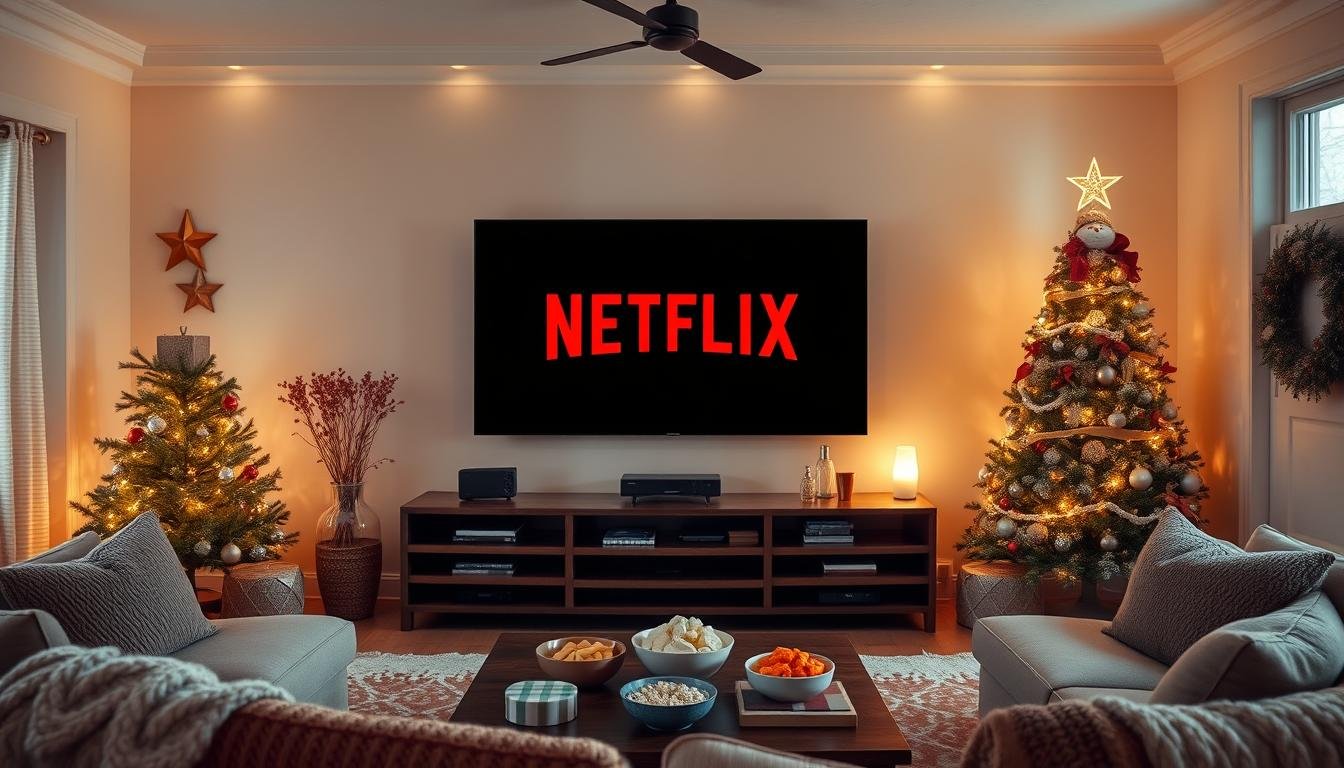The Importance of Paying Yourself First | Smart Money Tips

Getting to financial freedom starts with smart money habits. A key rule in managing money is to pay yourself first. This means saving and investing before paying bills, keeping your money safe.
This method is different from old ways of budgeting. It puts saving and investing first. By doing this, you build a strong base for wealth over time. It's a smart way to manage money and reach financial freedom.
Key Takeaways
- Paying yourself first prioritizes savings and investments.
- Proactive money management leads to financial security.
- This method differs from traditional budgeting techniques.
- Building personal wealth is crucial for financial independence.
- Consistent practice results in long-term financial stability.
The Concept of Paying Yourself First
Paying yourself first means saving money before spending it. It's a key part of planning your finances. It helps you build a strong future.
What Does It Mean?
It means putting some of your money into savings right away. This way, you save money before you spend it. It helps you save regularly and reach your financial goals.
How It Differs from Traditional Budgeting
Traditional budgeting puts bills and expenses first, then saving. But paying yourself first changes this. It makes saving a must, not an option.
| Traditional Budgeting | Paying Yourself First |
|---|---|
| Income ➔ Expenses ➔ Savings (if any left) | Income ➔ Savings ➔ Expenses (with remainder) |
| Encourages spending first | Promotes saving first |
| Inconsistent savings | Disciplined savings strategy |
Benefits of Paying Yourself First
Paying yourself first has many good points. It helps you save money and keeps your finances stable. It's a smart way to manage your money.
Building a Savings Cushion
One big plus is building a savings cushion. By saving first, you create a safety net. This net helps when unexpected costs come up.
Encouraging Financial Discipline
This method also teaches you to be financially disciplined. Saving first makes you think more about money. It helps you make better money choices over time.
Accelerating Wealth Building
Lastly, it helps you grow your wealth faster. Saving regularly can earn interest and grow your money. This way, you build a strong base for your future.
Implementing This Strategy in Personal Finance
Starting to pay yourself first needs a good plan. Here's how to make it work for you.
Setting Up Automatic Transfers
Automatic transfers help you save regularly. They move money from your checking to savings or investments. This way, saving comes first, before spending.

Choosing the Right Savings Accounts
Choosing the right savings accounts is key. High-yield savings, CDs, or retirement accounts like IRAs and 401(k)s can grow your savings. Pick what fits your goals best.
Tracking Your Progress
Tracking your savings is important. It shows if your plan is working. Use tools or apps to see how you're doing. This helps you stay on track.
The Role of Budgeting in Paying Yourself First
To pay yourself first, you need a good budget. It makes saving a regular part of your money plan. By setting goals and saving money, you can keep your budget balanced and reach your money goals.
Creating a Realistic Budget
Start by making a budget that fits your money coming in and going out. Good budget tips include knowing your regular costs, thinking about future expenses, and saving a set amount. This way, saving money is always a must.
Allocating Funds Effectively
It's key to save money first in your budget. This keeps your future safe while you handle other bills. Treat saving as important as your rent or bills.
Adjusting Over Time
Changing your budget is important when your income or expenses change. Check your budget often to keep it working well. Being flexible with your budget helps you adjust to new money situations without losing your savings plan.
Overcoming Challenges
Paying yourself first is a great way to stay financially stable. But, it can be hard because of financial challenges like changing income, debts, and surprise costs. Yet, with the right plan, you can beat these hurdles.

First, tackle your debts. Ways like combining debts and paying off the ones with high interest can help. Also, having an emergency fund is key to handle sudden costs.
Here are some personal finance solutions to keep you on track:
- Automate your savings to make sure you always save first without forgetting.
- Make a budget that fits your changing income and adjust your savings goals.
- Check and change your financial plan often to keep up with financial challenges.
By planning well and making smart changes, you can beat these money problems. Using these solutions will make your finances stronger and help you keep saving first.
To better understand these tips, look at this comparison:
| Challenge | Solution |
|---|---|
| Fluctuating Income | Adjust savings rate based on income variability |
| Existing Debts | Consolidate debts and focus on high-interest ones |
| Unexpected Expenses | Build and maintain an emergency fund |
Conclusion
Using the "pay yourself first" method is more than a strategy. It's a way to take control of your money. By saving and investing first, you make sure you're saving for the future. This helps you spend smarter and plan better.
We talked about many benefits of this approach. It helps you save money and make automatic transfers easier. Choosing the right savings account and keeping track of your progress are key.
Budgeting is also important. It helps you make a plan, use your money wisely, and adjust when needed. Even with challenges, this mindset can change how you handle money. By following this rule, you can improve your financial planning and build wealth for the future.





